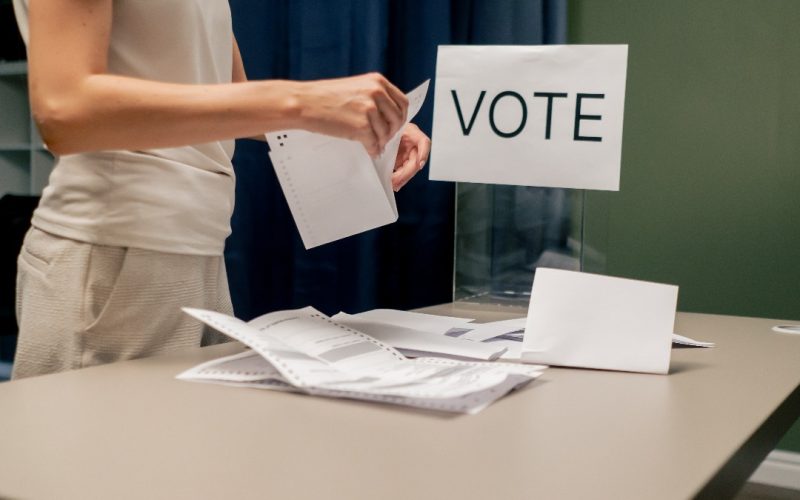The upcoming general elections in Honduras have sparked international apprehension, as US congressmen and the Organization of American States (OAS) have issued alerts regarding potential efforts to influence the electoral process and exert pressure on the judiciary. These advisories suggest that the security framework and vote tabulation might be compromised, thereby jeopardizing institutional legitimacy and the functioning of the Congress tasked with ratifying the outcomes.
Pressure on the judiciary and electoral bodies
According to information from diplomatic channels, the Organization of American States (OAS) and various civil society groups have recorded declarations and activities that undermine the independence of the electoral bodies. Specifically, they highlight direct coercion exerted on judges and magistrates, which could impede their capacity to ensure an unbiased vote tabulation. These incidents have been reported on an almost daily basis, revealing an atmosphere of strain and institutional fragility within the nation.
The US chargé d’affaires in Tegucigalpa underscored his country’s concern about the integrity of the electoral process and the legitimacy of Congress, noting that international oversight is crucial given the possibility that authoritarian or illegal measures could alter the results. The warnings emphasize that any such action would have consequences for diplomatic relations and Honduras’ image before multilateral organizations.
International alert on governance
The United States has requested that a special session of the OAS be convened to analyze the situation and strengthen oversight of the electoral process. The concern is that the ruling government, represented by the LIBRE party, may exercise control over essential security and vote-counting mechanisms. International observers and members of civil society emphasize that the impact of these actions not only affects the transparency of the vote count, but also public confidence in institutions.
The OAS has reiterated its commitment to observing the process and has pointed out that threats of harassment against judicial officials directly affect the possibility of maintaining a reliable electoral system. This scenario reflects political tension involving the executive branch, Congress, and the judicial system, posing a significant challenge to Honduras’s institutional stability.
Consequences for democratic governance and public involvement
The proximity of the elections and international visibility have highlighted the importance of maintaining impartial control mechanisms and protecting the autonomy of institutions. According to analysts and diplomats, external monitoring becomes a key element in ensuring that citizens can participate in free elections and that the results reflect the will of the people.
The prevailing atmosphere, characterized by claims of coercion and illicit tactics, presents difficulties for the administration and the ability of Honduran bodies to operate autonomously. The global community is closely observing the conduct of the LIBRE party and the government, underscoring that any interference with the electoral procedure would lead to both political and diplomatic consequences.
The state of affairs in Honduras, merely days prior to the November 30 electoral event, highlights a period of significant global scrutiny and ongoing observation. Safeguarding the fairness of the elections and ensuring the autonomy of the judiciary are crucial elements for the nation’s democratic credibility and the steadiness of its governmental framework in the forthcoming period.




